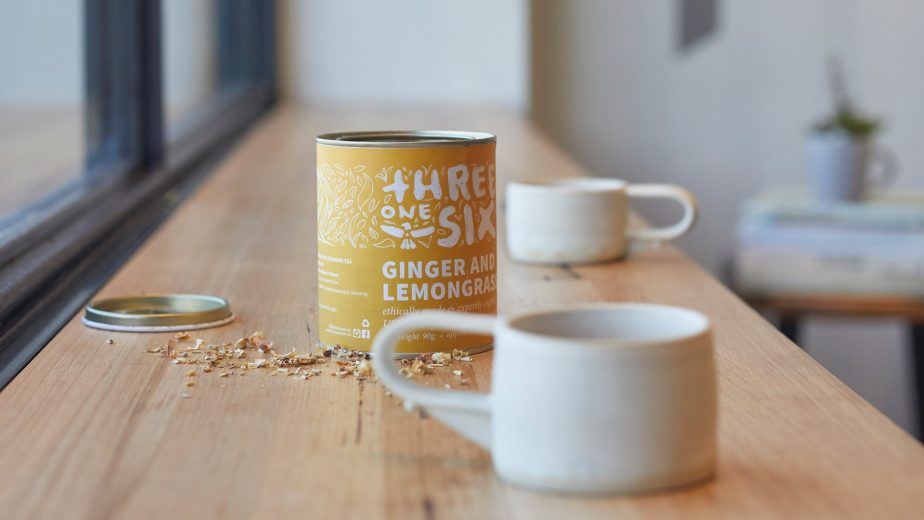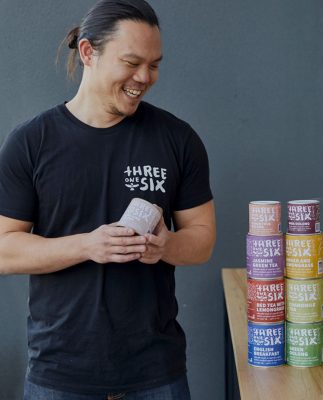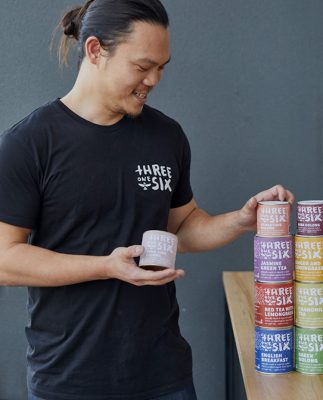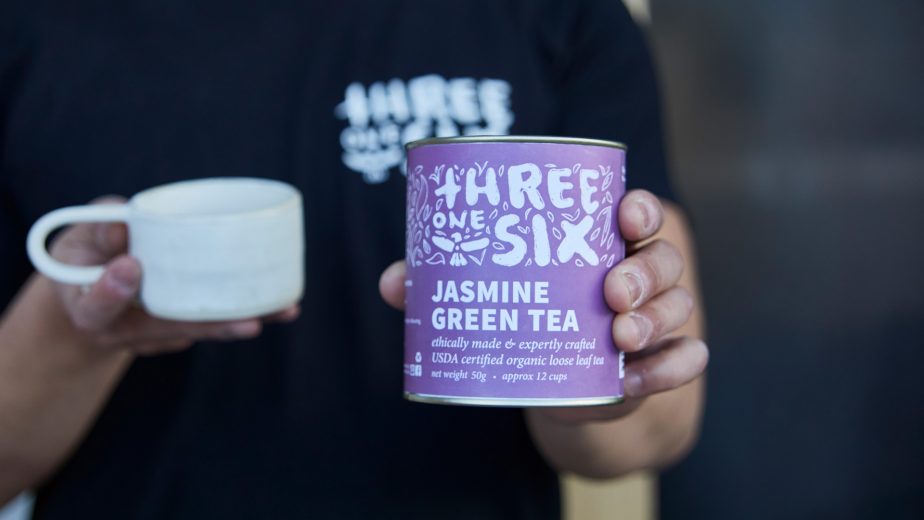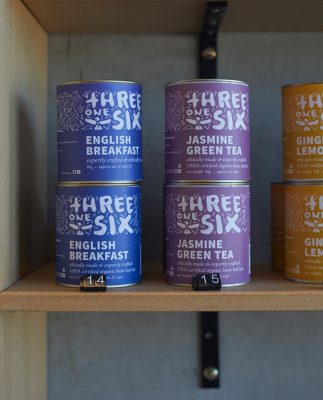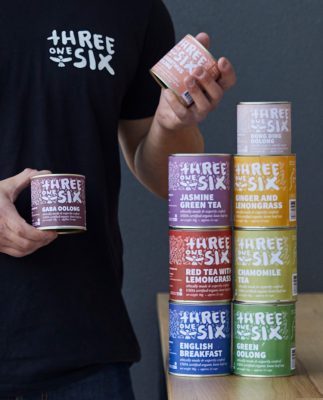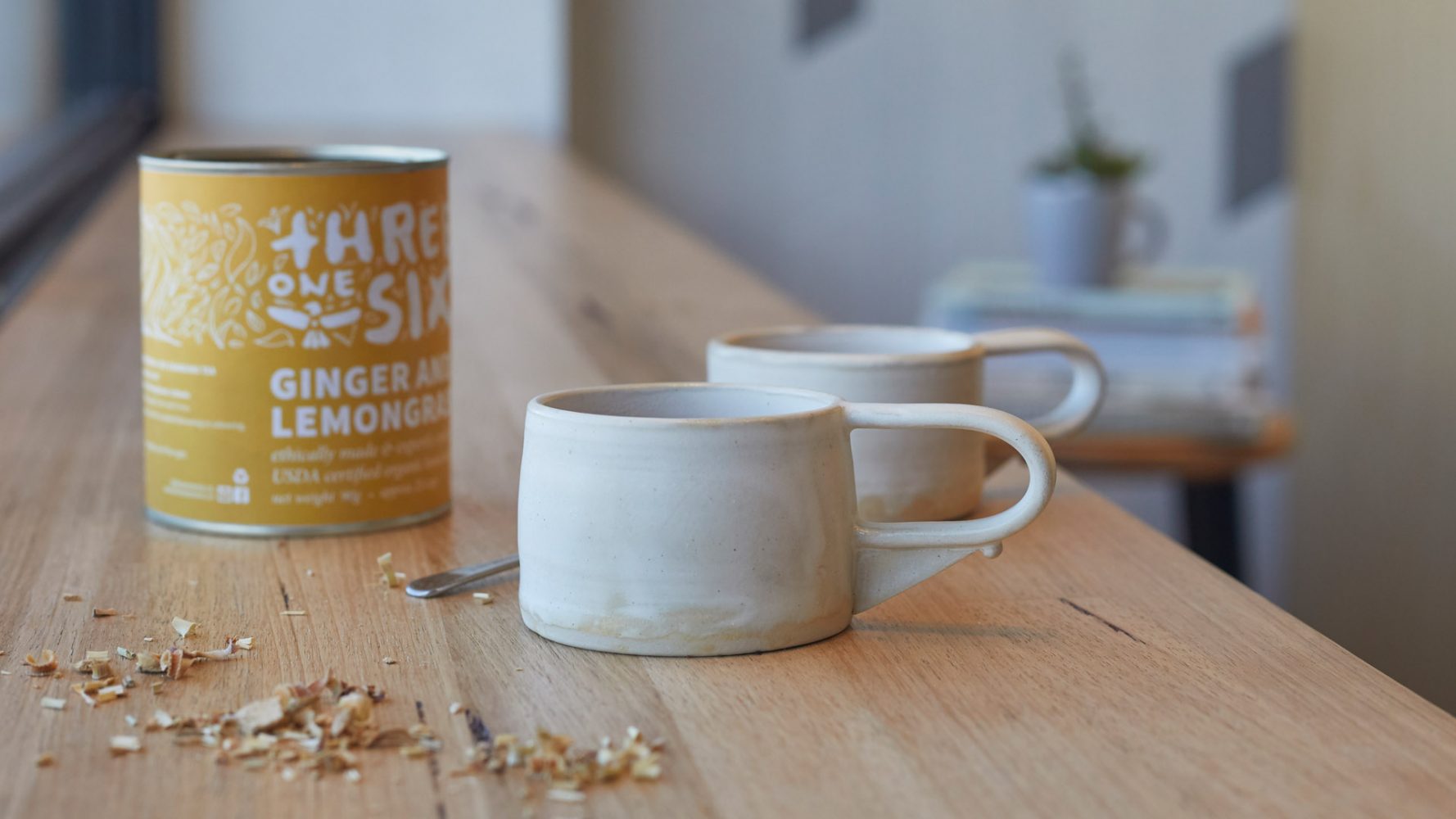
Tea for Freedom
Meet the social-enterprise gourmet tea that is disrupting the status quo and delighting palate.
“I’d love to work myself out of a job!” says founder Nathanael Foo of his long-term goals for tea business, threeonesix.
This reflects the notion that if human exploitation in the tea industry ceased to exist, Nathanael would have succeeded in disrupting change for good in the commodity’s convoluted supply chain.
Nathanael never planned to build a tea business, but it became the most tangible method for him to make a meaningful impact as a humanitarian.
“I didn’t come from a tea background at all. I was working in San Francisco at an international NGO that exists to eliminate human trafficking and exploitation and I became fascinated by the issue, which still is very much at play,” he says.
“Most people don’t realise how much it [human exploitation] is engrained in our lives. We may not be living in a place where we have it in our country, but much of what we purchase and the supply chains associated bare a lot. Especially in unpaid labour.”
Prior to thereonesix, Nathanael spent many years working in social enterprises around the world. In this time he identified limitations in the ‘conventional’ model and sought to design a business that could make a genuine, everyday difference towards tackling human exploitation. This led him to the world of tea, specifically Oolong tea in Thailand, one of the world’s fastest growing varieties.
“Tea is the second most drunk beverage in the world behind water, but the vast majority of workers in supply chains don’t make enough money to meet their needs,” says Nathanael.
“Tea is ready at the farm, not like coffee. However, the supply chains are so complex. There are 5-6 chains in the process to reach the buyer and each link down the chain takes a larger share of the profits. When you calculate it, the people who have done all the work – growing, plucking, often get less than 1% of profits,” Nathanael explains.
Conventionally, social enterprises make a product, sell it and redistribute profits back to a specific cause. Threeonesix took a different approach, developing a partnership model.
Nathanael flew to Thailand with not much more than a backpack, optimistic ambitions and a list of criteria he hoped to find in a tea plantation partner. After two weeks of visiting farms, the challenge of finding a like-minded partner seemed nearly impossible.
On the final day of his trip, Nathanael had virtually given up hope. Serendipitously, he met the owner of a plantation who shared his humanitarian ethos. It was a tea farm in northern Thailand run by women, employing around 300 people including economic refugees from Burma, Laos and stateless Hill Tribes, a pocket of the Thailand population that receive no access to benefits and can only seek employment in the area they were born.
“Our approach is to create value through our supply chain – that is, in our farms. We know the names of everyone who touches our tea and how much they are paid, and also that the people who put in the most work get paid the right amount,” Nathanael says.
His model starts at the farm, paying fair prices for the tea, then profit sharing upon sale of goods. The result is better conditions for workers and fresher, high quality tea for customers. Threeonesix uses only hand-picked organic tea. Through clever packaging and a boutique distribution model, the company repositions tea as a luxury rather than a commodity, encouraging drinkers to consider how their tea is sourced and enjoy a superior experience of loose leaf tea.
“Unequivocally, we can say that we have generated positive impact from day one,” Nathanael says.
The grass roots start-up has seen sales increase 50% year on year, since it began in 2017. Originally selling through farmers markets, distribution has expanded into boutique restaurant and cafés following a similar approach of small batch artisan coffee.
Exports have begun to Singapore and California, with California showing particularly impressive growth.
“We’re still learning a lot about our customers. They may not necessarily be your typical tea consumer. We sell a lot of our goods to people who care a lot about the mission, rather traditional tea drinkers.”
Longer term, threeonesix would like to expand its range into pantry goods covering other industries where exploitation is rife. At the same time, the business’ greatest motivator comes more from the heart.
“I’d love for the whole industry to produce completely exploit free supply chains. We know that’s never going to happen, but I’d like to encourage larger businesses to do the same. That puts the onus back on me to make the threeonesix model to work on a larger scale.”
Cups by Kaki Studio.
Photography by Ellysia Burton.
